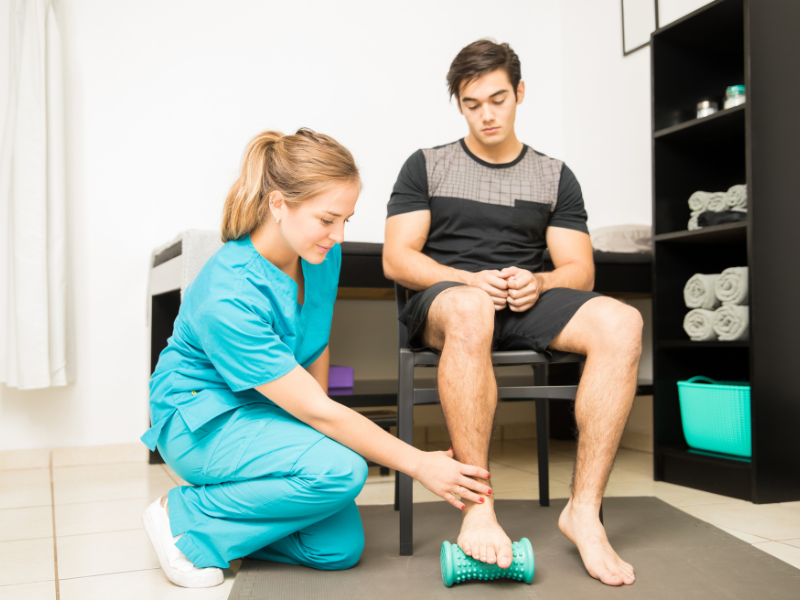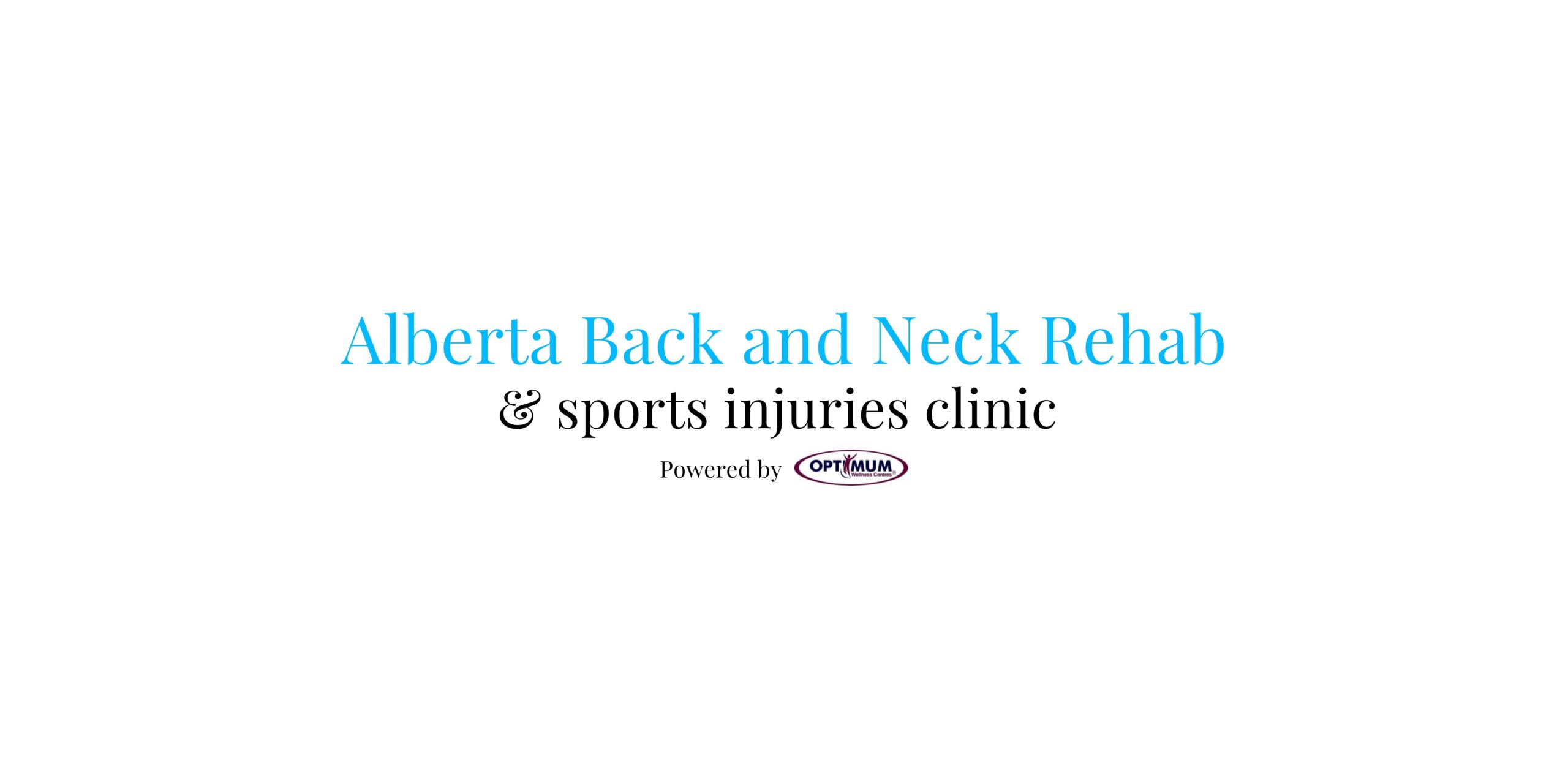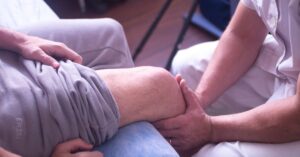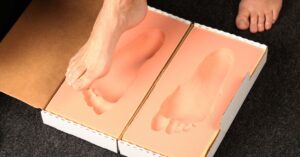Plantar fasciitis is an overuse injury that causes plantar heel pain and inflammation on the bottom of your foot. The cause of plantar fasciitis is often a result of repetitive stress or injuries to the tendon that connects the bottom of your heel bone to the toes, known as the Plantar Fascia. The most common causes of plantar fasciitis are overuse and improper footwear, such as wearing shoes that are not designed for your feet and heels that are too high. The risk factor of developing the condition is increased if you engage in athletic activities. In this article, we discuss the diagnosis, treatment options and how to relieve plantar fasciitis pain naturally.
Diagnosis

Diagnosis is often made through a physical examination by your doctor. Your doctor will ask questions about your symptoms, the location of your pain and how often you experience it. The diagnosis is based on your symptoms and how far your pain extends into your heel. You may also need an ultrasound, MRI or X-ray to confirm the diagnosis and rule out other possible causes of foot pain.
Treatment
Conservative treatment options for plantar fasciitis typically involve a combination of rest, physical therapy and customized orthotic inserts. The primary goal of treatment is to reduce inflammation and pain so that you can begin to recover and return to your daily activities.
Physical therapy
Physical therapy is a standard treatment of plantar fasciitis. Seeing a physical therapist is often the first line of treatment for plantar fasciitis. Physical therapy involves using various techniques and instruments to stretch and strengthen the muscles and tendons in your foot and lower leg.
Shock Wave Therapy to relieve plantar fasciitis pain
Shock wave therapy is a popular non-surgical treatment option for plantar heel pain. This conservative therapy uses acoustic waves to stimulate healing in your plantar fascia tissue. The sound waves cause tiny micro-injuries in your plantar fascia tissue, enabling new tissue to grow. Shock wave therapy is often used with other treatments to speed up healing, provide adequate pain relief, and reduce inflammation-associated pain.
Plantar fasciitis custom insoles and arch supports
Chronic plantar fasciitis can be treated with supportive shoes that include customized insoles and arch supports. Wearing athletic shoes specially designed for your feet can support your foot muscles properly. If you are an athlete, it is especially important for you to consider investing in a good pair of running shoes and high-quality shoe inserts to keep your feet in good working condition.
Night splints
Night splints, also known as “night dorsiflexion splints,” are a type of supportive brace that is worn at night. The splint helps to reduce inflammation in your feet. It can be used to treat mild to moderate symptoms of plantar fasciitis. Your doctor may recommend wearing a pair of night splints if you have pain when you’re lying down or when you experience pain in the morning. Your doctor may also recommend using a pair of night splints if you have pain when standing or walking for long periods.
Lifestyle changes for plantar fasciitis pain relief
Daily activity and lifestyle factors are often the root cause of plantar fasciitis. Biomechanical risk factors such as excess body weight can increase the pressure on your foot and lower leg. Losing weight can help decrease the pressure and stress on your feet. Avoid running on uneven or hard surfaces such as unpaved ground as it aggravates and makes the pain worse.
Home remedies to relieve plantar fasciitis pain
Treatment of plantar fasciitis should always include things you can do at home. For example, ice packs and compression stockings can reduce swelling and relieve pain. If you are an athlete, keeping a frozen water bottle with you can help to alleviate your symptoms during breaks in your game and during training. You should also consider:
- Gentle stretches
- Athletic tape can also be used to restrict ankle motion, reducing the risk of injury.
- Calf stretches can help to alleviate and prevent tight calf muscles.
- Cold therapies such as ice baths, frozen Corn and cold packs
- Wearing comfortable shoes
- Running shoes customized for your feet
Pain Medications
Pain medication such as steroid injections, anti-inflammatory medication and nonsteroidal anti-inflammatory drugs (NSAIDs) are also treatment options. However, it is essential to note that medications may reduce the symptoms but do not treat the cause. When treating pain, it is crucial to treat the cause of the pain to prevent the condition from worsening. Pain relievers can play a role in your treatment plan. However, it is essential to consult your medical doctor before taking any medication.
Surgery
Depending on the severity of your diagnosis, additional medical treatments such as surgery may be required. However, plantar fascia release surgery is considered a last resort when conservative treatments have failed to relieve your chronic pain. Plantar fascia release surgery involves cutting the plantar fascia ligament to relieve the tension. Cutting the plantar fascia ligament allows fibrous tissue to fill the space between your heel bone and the plantar fascia itself.
How to Prepare For Your Appointment
To ensure you can get the most from your appointment, we suggest you write a checklist list detailing your symptoms. Your list should include the following:
- when your pain symptoms began
- Any medications and vitamin/supplements you’re currently taking
- Medical history
- Any prior treatments you have tried
- Any questions to ask your doctor
What to expect during your appointment
Your doctor will perform a physical exam and ask questions about your symptoms. They will also ask you to walk to assess your gait pattern. You will be asked to stand on a piece of equipment to measure your heel height and determine whether you have a high-arched or flat foot. Your doctor will also measure your foot length.
Please book an appointment with our specialist
If you are experiencing foot pain, don’t wait to have it properly diagnosed and treated. Schedule an appointment with our orthopedic specialist in Calgary. At Optimum Alberta Back and Neck Rehab, we have a team of highly trained and qualified orthopedic, chiropractic and physical therapists. We will work with you to develop a treatment plan to help you return to your active lifestyle.




